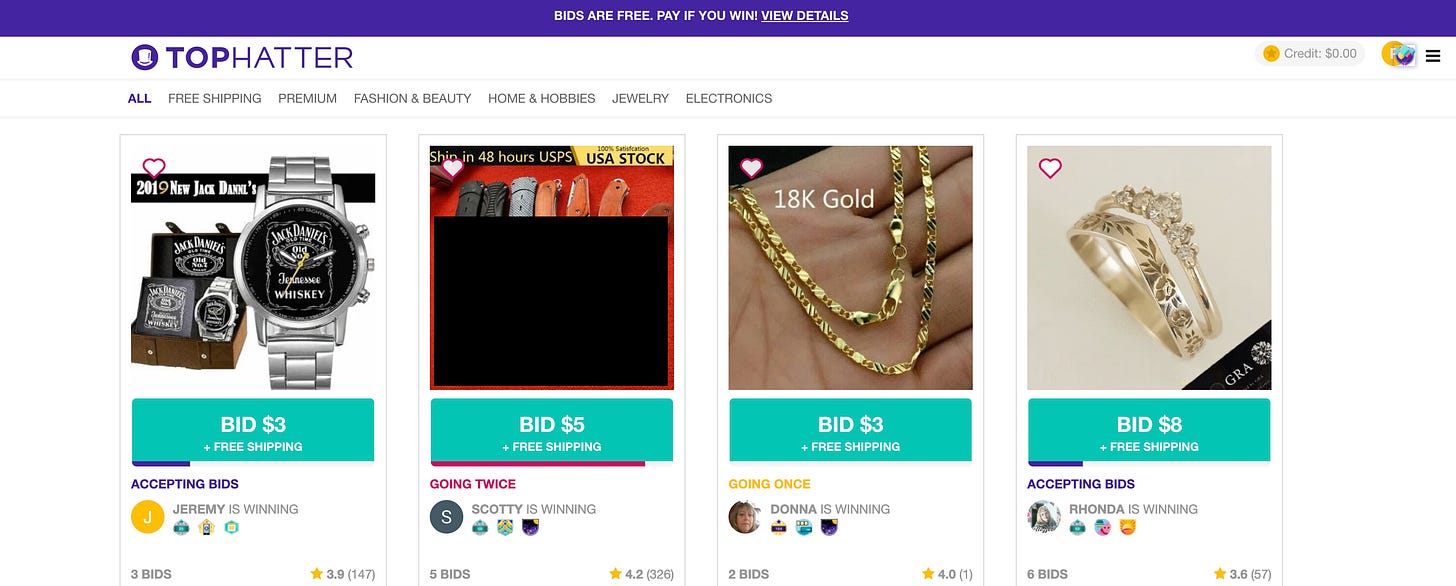Payoneer (NASDAQ: PAYO — $3.3 billion) describes itself as “a global payment platform which powers growth for millions of digital businesses worldwide.” Payoneer began trading on the NASDAQ this week after merging with a SPAC, and many investors view Payoneer as a next-generation payments company. In reality, Payoneer appears to transact in the high-risk corners of the internet, despite explicit denials about doing so.
Payoneer, which was founded in 2005 by Israeli businessmen, has a long history in the high-risk payments space. Last week, The Times of Israel published an investigation into the company based on leaked Suspicious Activity Reports (SARs). The Times of Israel wrote,
“The leaked documents reveal that numerous Payoneer customers and business partners, as well as Payoneer itself, were flagged by banks submitting SARs to FinCEN between 2011 and 2016… Payoneer has also provided services to murky offshore companies allegedly involved in pornography, scam dating websites, a forex company investigated by French law enforcement and companies involved in the fraudulent binary options industry.”
For example, the relationship between Payoneer and GetAnAffair.com was made public after Barclays filed a Suspicious Activity Report that was later leaked.
A spokesman for Payoneer acknowledged its past high-risk clients, but also said,
“In 2016, Payoneer made a business decision to stop processing payments for high-risk businesses.”
In its May 2021 investor presentation Payoneer reinforced this notion and compared itself to a peer group of high-quality payments companies like Paypal, Adyen, Square, and Fiserv. That appears to be charitable.
An outstanding September 2020 NBC News investigation into a failed Belize bank with close ties to Payoneer raises doubts about whether Payoneer truly distanced itself from high-risk payment processing. The article begins,
“The collapse of Choice Bank, an obscure entity in Belize, went largely unnoticed in 2018. But Americans were among the uninsured depositors filing claims in its failure, totaling $100 million. Some said they were startled to learn that their money was trapped in a small bank in Central America. They thought they were doing business with a U.S.-based company called Payoneer.”
And the article continues,
“Choice Bank had close ties to Payoneer. Payoneer's founder became a shareholder in the bank in 2010, documents show. While that stake was sold two years later, according to a person briefed about the matter, Payoneer continued to do business with Choice Bank until it failed.”
One of Payoneer’s customers profiled in the article was Mara O'Halloran, a webcam model who lost thousands of dollars after the bank failed. Choice Bank had more than 3,000 international corporate accounts and over 300,000 of its own MasterCards before it failed, many of which belonged to Payoneer customers.
Choice Bank is not the only Payoneer partner that went under. Payoneer also partnered with Wirecard for its payments initiatives. In June 2020, after Wirecard filed for insolvency, Payoneer emailed its customers and said it was “freezing all prepaid card activity for the time being” following orders from a U.K. regulator.

In March of this year, Forensic News published an investigation into MFCXY, an adult webcam company that shares common ownership with OnlyFans. The article highlights the site’s ties to Payoneer and states,
“In recent years, Payoneer has appeared in many of these SARs… Beginning on or about October 8, 2013, MFCXY made one hundred forty-six wire transfers through an account held with Payoneer and Wells Fargo.”
Moreover, in August 2020, one OnlyFans user claimed she was required to set up a Payoneer account in order to accept certain types of payments:


Below is an unverified customer support email OnlyFans allegedly sent the user urging her to set up a Payoneer account:

Payoneer also has ties to the binary options market. BOA Elite, a subsidiary of SpotOption, exclusively accepted payments through wire transfer and Payoneer according to its website.
In April 2021, the SEC charged SpotOption “with deceiving U.S. investors out of more than $100 million through fraudulent and unregistered online sales of risky securities.” Jennifer S. Leete, Associate Director in the SEC's Enforcement Division, said "SpotOption's trading platform allegedly supported a worldwide binary options fraud.”
Some former SpotOption employees currently work at Payoneer, including Payoneer’s Software Development Team Lead.
One current Payoneer client is TopHatter.com a micro-auction service. TopHatter’s homepage encourages users to bid on fake watches, weapons, and an “18K Gold” necklace for $3.
Payoneer published a blog post celebrating TopHatter as one of its best clients:
“Payoneer has worked closely with TopHatter for years, watching this unique marketplace grow and evolve… here at Payoneer, we’re happy to support and facilitate this expansion for Tophatter.”
In December 2018, Payoneer also published a blog post titled: “Your Guide to Global Sanctions Lists.”
In response to a FOIL request I filed with the New York Attorney General for complaints referencing Payoneer, the office said that the processing would be delayed due to “approximately 3,200 pages of single-space-typed IRS Suspicious Activity Records” that needed to be redacted.
I have not obtained the Suspicious Activity Records, but consumer complaints that I did receive raise further questions about Payoneer’s conduct. One common consumer complaint was that Payoneer did not respond to requests to close accounts. Below is a December 2019 complaint filed with the New York Attorney General’s Bureau of Consumer Frauds and Protection:
According to its website, Payoneer charges $29.95 annual fees for accounts that remain open, but inactive. Payoneer also charges an “escheatment fee” for unclaimed accounts “in the amount permitted by the State.”
Despite charging high fees and catering to high-risk merchants, Payoneer has been unprofitable in each of the last three years and projects unprofitability for the next three years.
In its investor presentation, Payoneer provides investors with 38 risk factors that could have a material adverse effect on the company. The first one reads,
“Our business depends on a strong and trusted brand, and failure to maintain and protect our brand, or damage to our reputation, or the reputation of our partners, could adversely affect our business, financial condition or results of operations.”
Caveat emptor.
This article is not investment advice and represents the opinions of its author, Edwin Dorsey. You can reach the author by email at edwin@585research.com. This article is for premium subscribers of The Bear Cave newsletter. If this article was forwarded to you please consider becoming a premium subscriber to receive articles like this twice every month. Learn more here.





